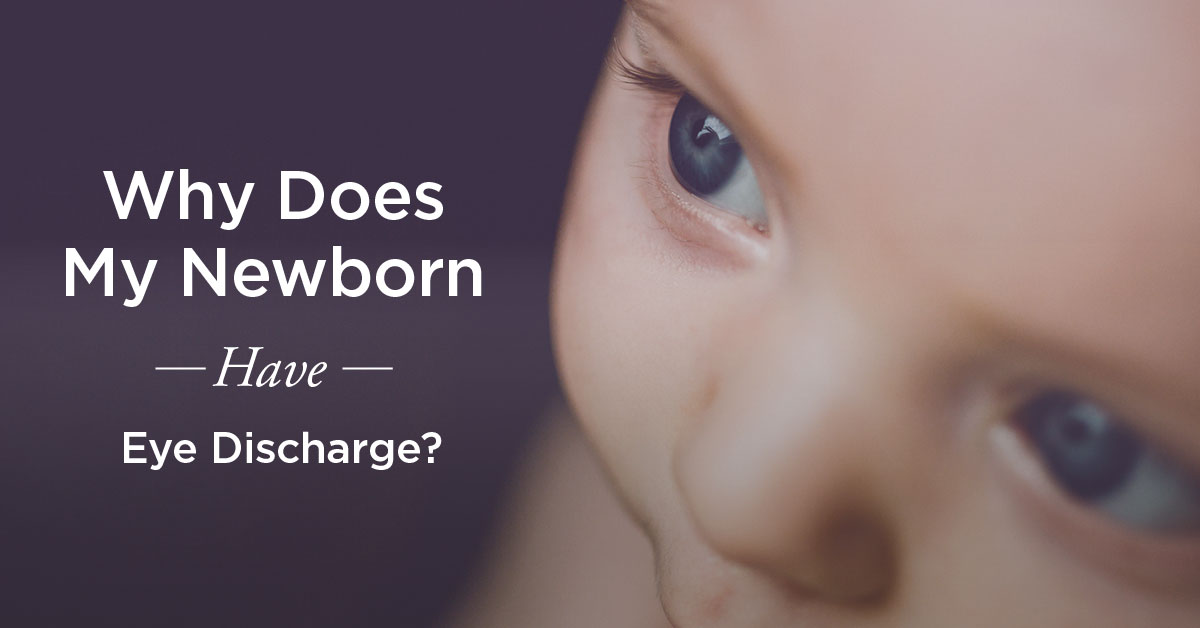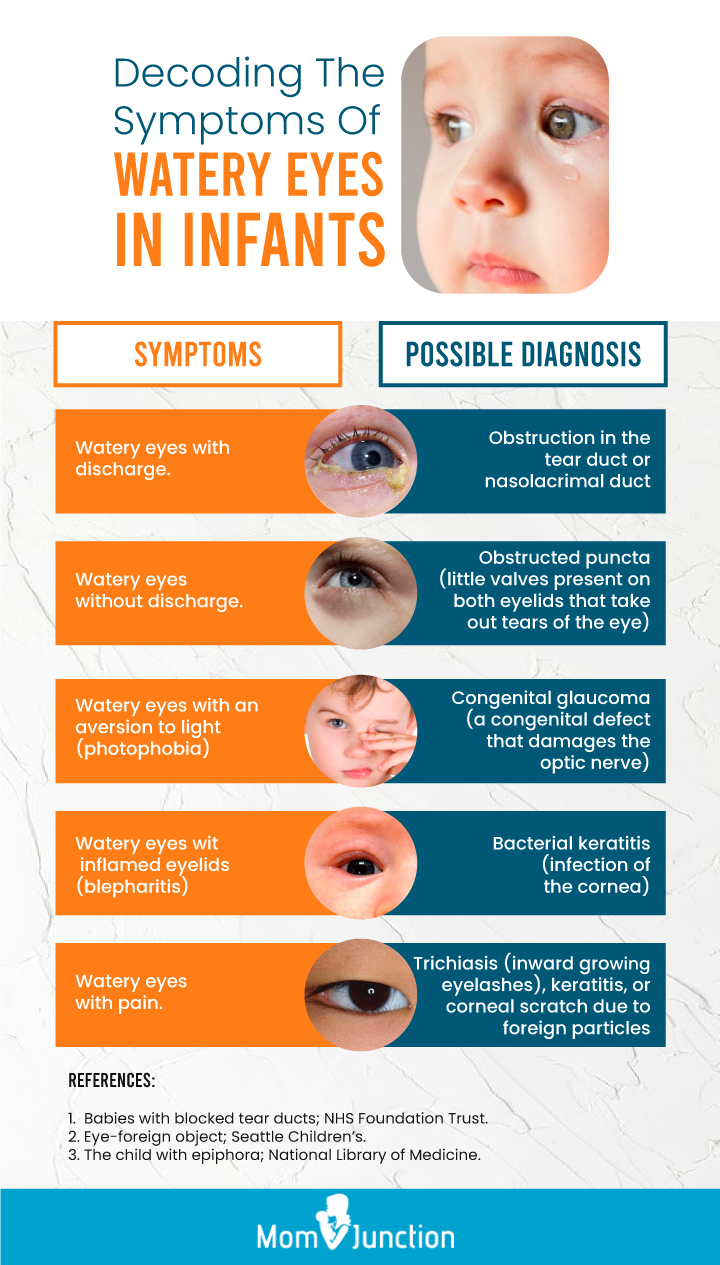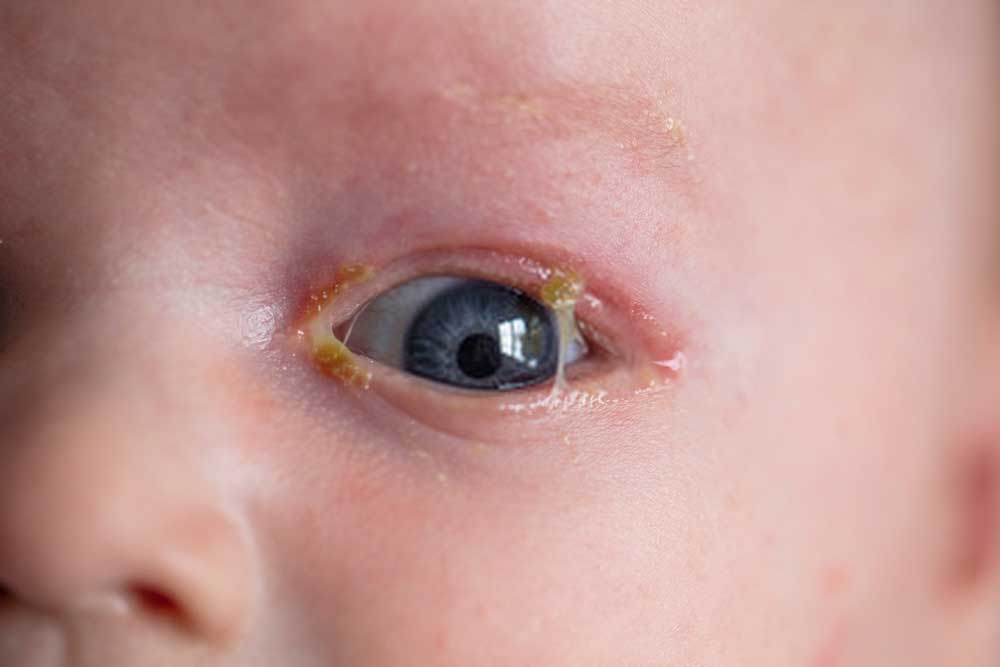Yellow Eye Discharge Newborn - Symptoms of yellow eye discharge in newborns include redness, swelling, and discharge from the eyes. Yellow eye discharge is a common issue in newborns and can be a sign of infection or blocked tear ducts. Sticky eye discharge in newborns is very common.
Sticky eye discharge in newborns is very common. Yellow eye discharge is a common issue in newborns and can be a sign of infection or blocked tear ducts. Symptoms of yellow eye discharge in newborns include redness, swelling, and discharge from the eyes.
Yellow eye discharge is a common issue in newborns and can be a sign of infection or blocked tear ducts. Symptoms of yellow eye discharge in newborns include redness, swelling, and discharge from the eyes. Sticky eye discharge in newborns is very common.
Approach to conjunctivitis in newborns The BMJ
Sticky eye discharge in newborns is very common. Symptoms of yellow eye discharge in newborns include redness, swelling, and discharge from the eyes. Yellow eye discharge is a common issue in newborns and can be a sign of infection or blocked tear ducts.
Doctor explains 4 causes of eye pus, discharge or sticky eyes in kids
Symptoms of yellow eye discharge in newborns include redness, swelling, and discharge from the eyes. Yellow eye discharge is a common issue in newborns and can be a sign of infection or blocked tear ducts. Sticky eye discharge in newborns is very common.
2 Week Old Baby Eye Discharge
Sticky eye discharge in newborns is very common. Yellow eye discharge is a common issue in newborns and can be a sign of infection or blocked tear ducts. Symptoms of yellow eye discharge in newborns include redness, swelling, and discharge from the eyes.
Newborn Eye Discharge Yellow, Green, or White BellyBelly
Yellow eye discharge is a common issue in newborns and can be a sign of infection or blocked tear ducts. Symptoms of yellow eye discharge in newborns include redness, swelling, and discharge from the eyes. Sticky eye discharge in newborns is very common.
Ophthalmia Neonatorum Images
Yellow eye discharge is a common issue in newborns and can be a sign of infection or blocked tear ducts. Sticky eye discharge in newborns is very common. Symptoms of yellow eye discharge in newborns include redness, swelling, and discharge from the eyes.
Is my baby's eyes infected? What is this sticky discharge? Dr Sridhar K
Yellow eye discharge is a common issue in newborns and can be a sign of infection or blocked tear ducts. Sticky eye discharge in newborns is very common. Symptoms of yellow eye discharge in newborns include redness, swelling, and discharge from the eyes.
Newborn baby with sticky eye or conjuctivitis Stock Image M155/0158
Symptoms of yellow eye discharge in newborns include redness, swelling, and discharge from the eyes. Yellow eye discharge is a common issue in newborns and can be a sign of infection or blocked tear ducts. Sticky eye discharge in newborns is very common.
Newborn Eye Discharge Why Does This Happen?
Yellow eye discharge is a common issue in newborns and can be a sign of infection or blocked tear ducts. Symptoms of yellow eye discharge in newborns include redness, swelling, and discharge from the eyes. Sticky eye discharge in newborns is very common.
6 Causes Of Watery Eyes In Babies, Treatment And Remedies
Yellow eye discharge is a common issue in newborns and can be a sign of infection or blocked tear ducts. Sticky eye discharge in newborns is very common. Symptoms of yellow eye discharge in newborns include redness, swelling, and discharge from the eyes.
Sticky Eyes In New Born Babies Symptoms, Reason and Treatment
Sticky eye discharge in newborns is very common. Yellow eye discharge is a common issue in newborns and can be a sign of infection or blocked tear ducts. Symptoms of yellow eye discharge in newborns include redness, swelling, and discharge from the eyes.
Sticky Eye Discharge In Newborns Is Very Common.
Symptoms of yellow eye discharge in newborns include redness, swelling, and discharge from the eyes. Yellow eye discharge is a common issue in newborns and can be a sign of infection or blocked tear ducts.









